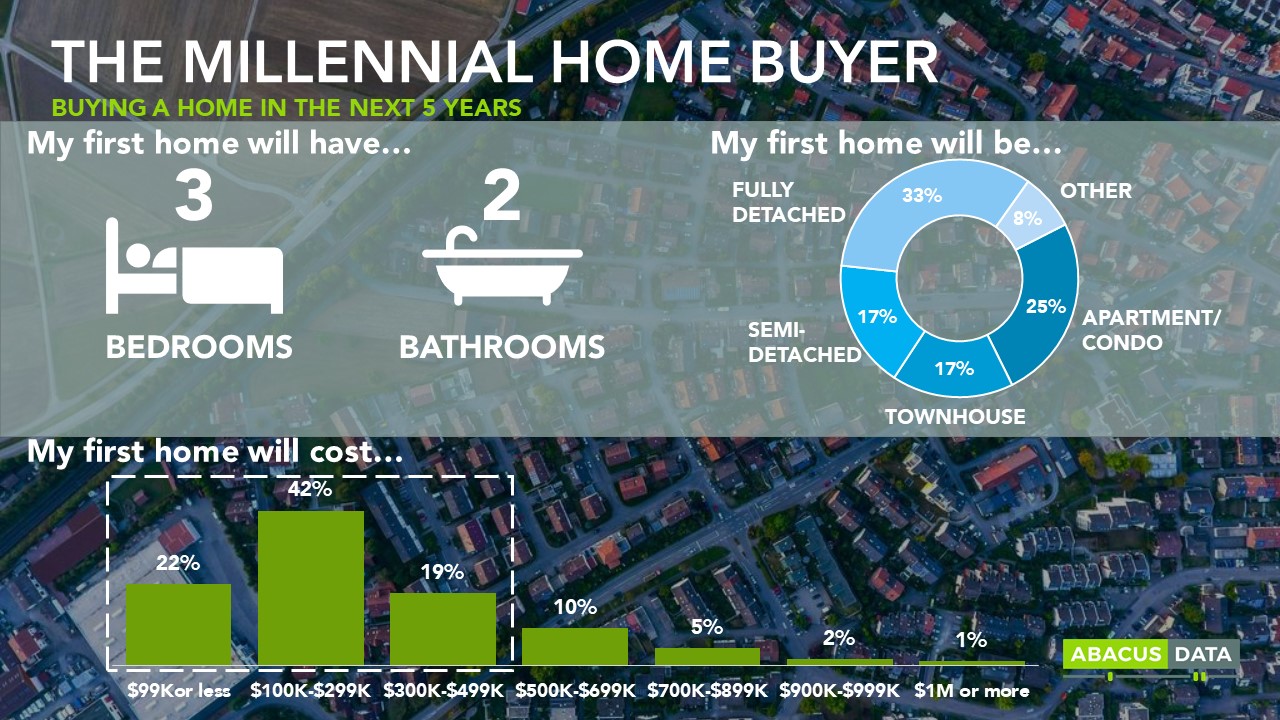A tide to raise all boats: Millennials support Trudeau government as economic perceptions improve
July 21, 2017

Its morning again in Canada and we would like to welcome you to the second edition of our series, The Millennial Vote. And if you happen to be one of the 183 Liberal MPs representing your constituents in the House of Commons, I’m going to feed some carbon neutral unicorn coal into the Sunny Ways Express. Despite several missteps, gaffes, and unfulfilled promises approval for Trudeau’s Liberals has sustained and even improved upon 2015 election levels. In a recent Abacus Poll we found that if an election were to be held tomorrow, more Canadians would vote Grit now than did in the last election. As of July 2017, 43% of those surveyed indicated that they would vote Liberal before any other party, a 3% bump since their electoral victory in 2015. This is not their highest peak, such as their immediate post-election honeymoon scores of 45%, but this an improvement over their February slump.

But let’s get back to those gaffes and disappointments as there have been a number of them. Such as, failed electoral reform, delayed marijuana legalization, the resignation of a NIMMIW Commissioner, and less we forget the divisive $10.5 million settlement to Omar Khadar. The list continues and it is extensive, yet, 43% is nothing to scoff at. Therefore, the question must be asked…how?

Well, economic growth and the perceived ramping up of Canada’s economic engine might be one of the reasons. We asked 2,036 Canadians to tell us how they feel about the economy and 68% of them told us that they felt that the economy was growing.
Boomers were the most likely to say that the economy was growing at 75%, followed by Generation X at 68%, and tailed moderately behind by the Millennials at 60%. The majority of all age groups saw the economy as growing although about a third of Millennials didn’t think so. This matches up with wider employment data. While aggregate unemployment is approximately 6.5%, youth unemployment has remained stubbornly high at 12%, so Millennials would be more likely to see the economy as shrinking or stagnant (Statistics Canada: 2017). This could be a future concern for Prime Minister Trudeau. During the campaign he and his Party presented an ambitious agenda for youth, promising to directly create 40,000 well-paid jobs for young people, to invest $385 million per year on an improved Youth Employment Strategy, to create 5,000 green jobs for youth per year, every year the Liberals are in office, not to mention more co-op positions and better pre-apprenticeship programs; essentially promising them everything short of the moon. Now, nearly 2 years into their mandate and youth unemployment is still double the aggregate unemployment rate and approximately only 0.75% lower than 2015 levels (Statistics Canada: 2017). Trudeau has raised the hopes of a generation and one thing we know about Millennials is that when you promise them something you better be able to deliver, otherwise they will shout from the mountain tops and tell the world just how terrible you are, just ask the our Bahamian friends at Fyre Fest.

Government approval is also high. Approximately 48% of Canadians surveyed approve of the job the Liberals are doing in government. Breaking this down by age, we see that Millennials have the highest opinion of the government with 52% approval. The Silent and Boomer generations have the second highest opinion of the government with 47% approval. Generation X has the lowest approval rating of the government with only 45% approving. The Silent and Boomer generations seem to be the most decided voters with only 12% neutral on the subject while Gen X (23%) and Millennials (21%) have a greater percentage that could be convinced either way.
Another interesting facet of the Liberal Government’s support is the high number of traditional NDP voters that approve of their actions. 49% of NDP voters support the actions of the Liberal Government which presents an interesting dynamic for their future Party leader to walk into. Not only must they jockey for the top spot with their fellow candidate but they also need to reassure Party members that they are more progressive than Justin Trudeau.

48% of Millennials would vote Liberal if an election were to be held tomorrow (their largest electoral bloc) and Gen X to a lesser degree (45%). The Boomer and Silent generations are in a dead heat divided between the Conservatives and the Liberals. They will still represent 35% of the electorate by the time 2019 rolls around and while 2015 has been dubbed the first Millennial election don’t count Battleground Boomer out of the race. Remembering that the electorally seasoned Boomers are more reliable to show up to the polls, policy makers would do well to remember the Boomers could still be the deciding factor of the next election.
In sum, things are looking good for Trudeau’s Liberals. Their coalition of the left is strong and they have a solid hold on the Millennial cohort. The Liberal Government is getting positive reviews from the NDP as well as from a few Red Tories (13%). The general mood in Canada is that the economy is good and getting better and this is the bottom line for most people. While the government might have its missteps and gaffes, so long as Canadians sense things are getting better and feel like they are prepared for the future they are willing to forgive and forget political blunders. Sunny ways might be here to stay for the foreseeable future but a dark cloud of youth unemployment is weighing heavily on that horizon. If Trudeau can’t make good on those election promise that third of economically pessimistic Millennials could easily swing to a Party whose economic trumpet is aptly polished. At the time of writing there are 640 days till the next federal election. The Conservative’s green-eared leader Andrew Scheer is still new to Canadians and has yet to prove himself as an alternative to Trudeau. While the NDP are a complete wildcard and a new leader could threaten the Liberal consolidation of the left. Nevertheless, at present, the Sunny Ways Express can keep chugging happily along.
Would you like to know more about the Millennial voter? Contact us to discover our full range of research and analytics services.
Also, if you missed our last episode of The Millennial Vote series you should really check it out as we analyse the real affect Millennials had on the 2017 UK General Election.
Methodology
Our survey was conducted online with 2,036 Canadians aged 18 and over from July 14 to 18, 2017 2017. A random sample of panelists was invited to complete the survey from a large representative panel of over 500,000 Canadians.
The Marketing Research and Intelligence Association policy limits statements about margins of sampling error for most online surveys. The margin of error for a comparable probability-based random sample of 2,036 is +/- 2.2%, 19 times out of 20.
The data were weighted according to census data to ensure that the sample matched Canada’s population according to age, gender, educational attainment, and region. Totals may not add up to 100 due to rounding.



